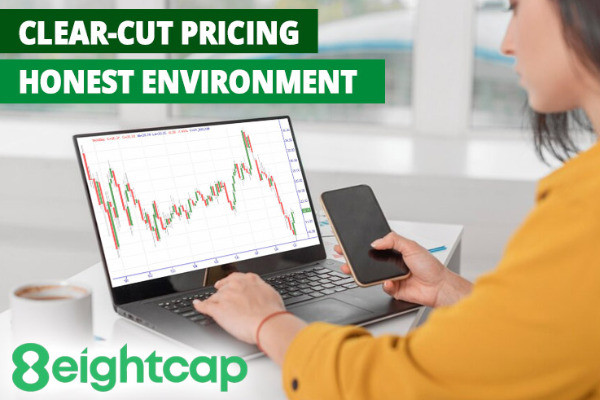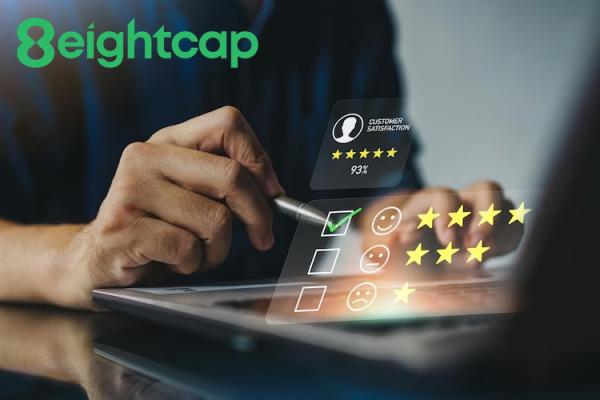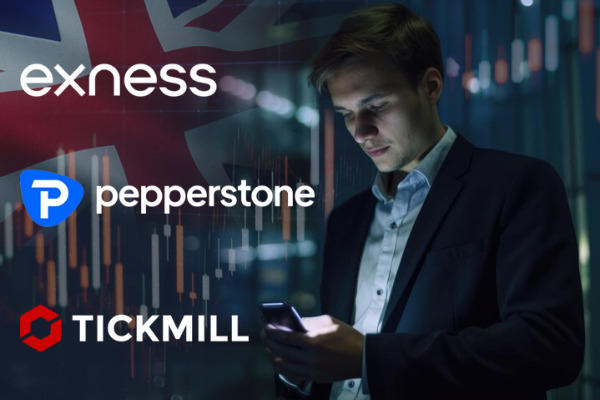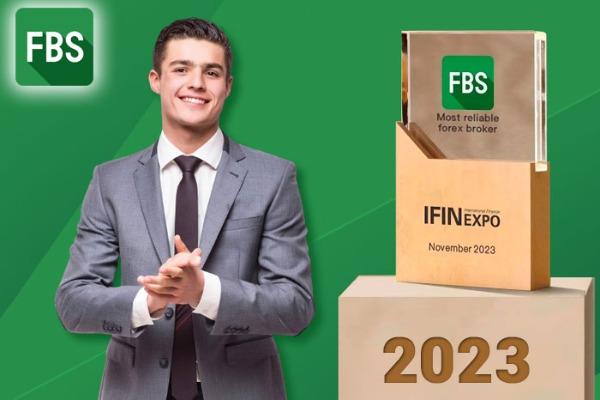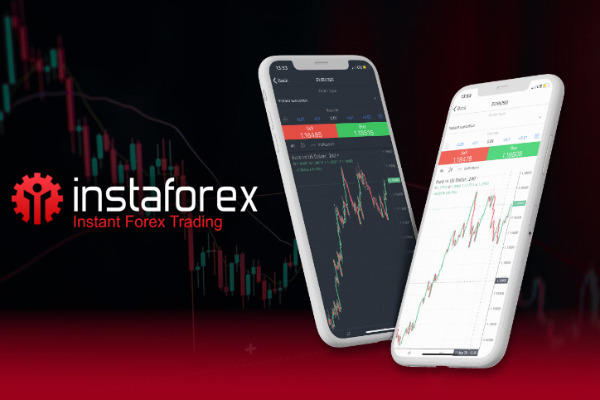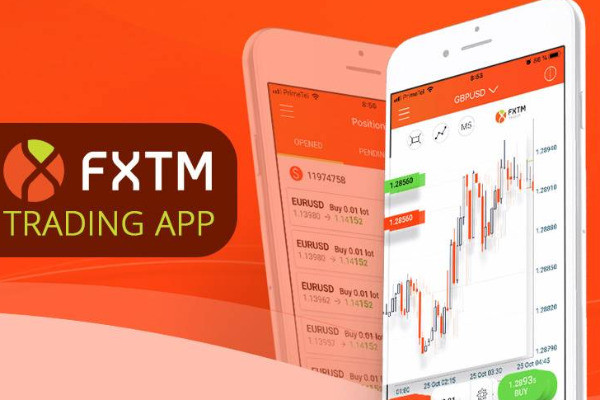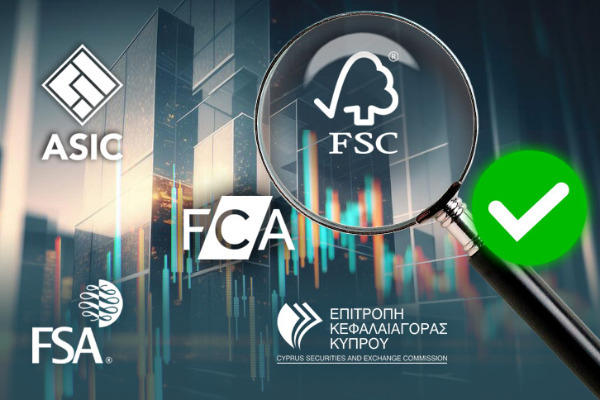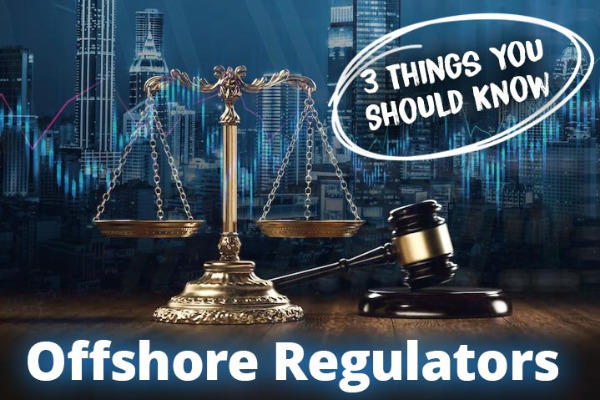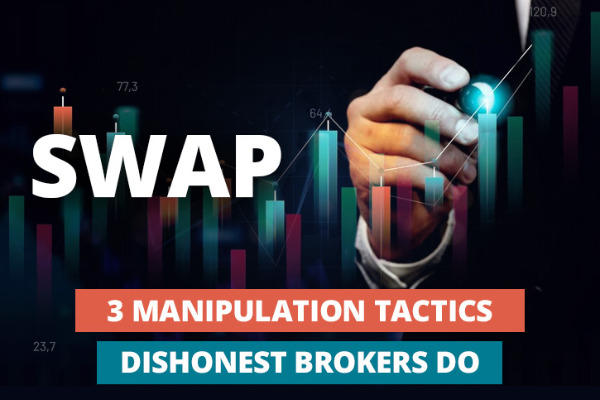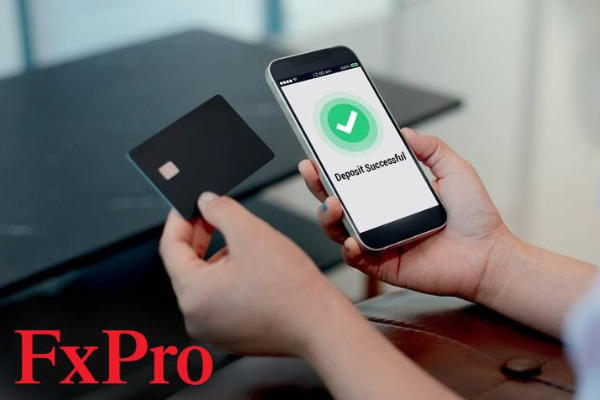MAIN SELECT * FROM `post_broker` WHERE (grade in ('a','b','c') or grade = '') and post_active = 'yes' AND FIND_IN_SET('Broker', judul_related) > 0 ORDER BY post_date DESC LIMIT 0,10
Broker's Transparency Uncovered: the Eightcap Advantages
Feb 6 2024 Broker InsightsThere are several indicators to measure broker's transparency, such as pricing and regulations. How about Eightcap's transparency and why is the broker known to be quite excellent at it?
Eightcap Broker Examined: 5 Key Verifiable Aspects
Feb 6 2024 Broker InsightsEightcap broker is one of the best brokers in several aspects based on user reviews on Trustpilot. How is the review?
Top Raw Spread Brokers in the UK
Feb 5 2024 Broker CategoriesDespite the high number of forex brokers claiming to provide raw spreads, there are only a few of them who truly offer the service in the UK.
FBS Recap in 2023: A Performance Review
Jan 22 2024 Broker InsightsThroughout the year 2023, FBS broker worked hard to improve its performance, providing the best service to its clients. Here is a summary of its impressive work.
InstaForex App Review: Trade Forex Like a Pro on Your Phone
Jan 15 2024 Broker InsightsFind out why InstaForex App is the best option when you want to trade like a pro directly from your mobile. From expert analysis to advanced charting, here's the review.
FXTM App Review: Every Trader's Perfect Mobile Companion
Jan 15 2024 Broker InsightsFXTM Trader is an all-in-one trading solution for all mobile traders in the world. But is it suitable for beginners? What are the features and benefits? Find out the answer in this review.
Is Your Broker's License Valid? Here Are the Steps to Check
Oct 18 2023 RegulationsChecking a broker's license is actually easy. First, find out what license they have, then just head over to the regulator's website to verify it.
A-Z on Offshore Regulators in Forex Industry
Oct 4 2023 RegulationsOffshore regulators are financial regulatory agencies that operate from offshore financial centers, also known as tax haven countries.
Forex Swap Manipulation and How It Might Happen
Oct 2 2023 Avoiding ScamsForex swap manipulation can be a pitfall for forex traders. Here is an explanation on how it might happen and what you can do to avoid it.

